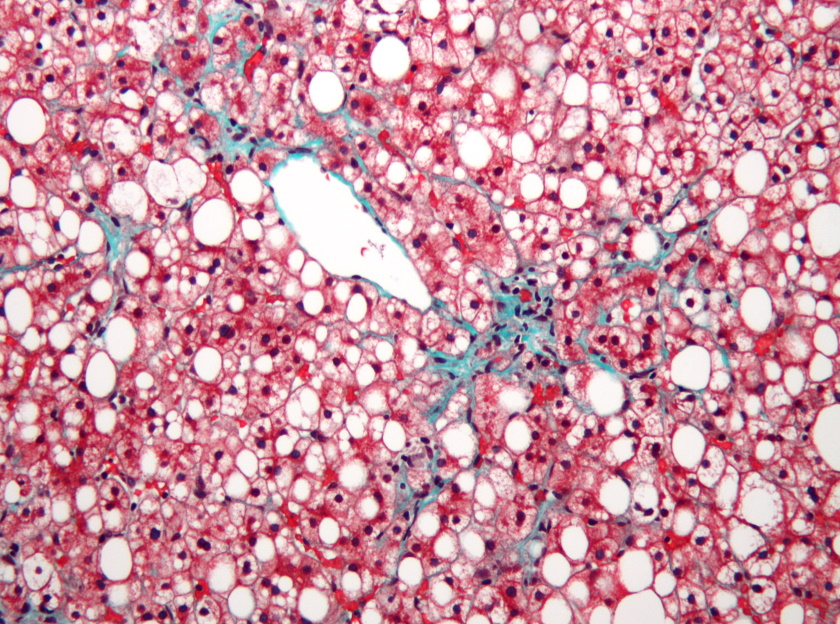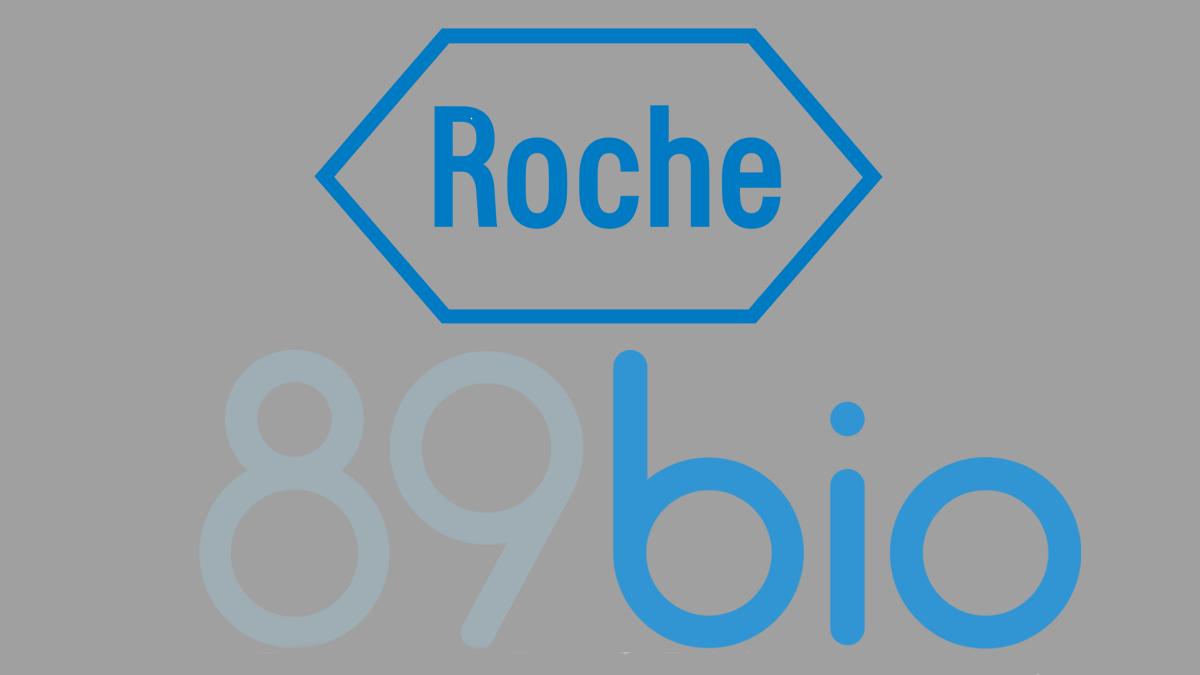89bio shows its NASH hand, boosting FGF21 concept

Californian biotech 89bio has joined the small group of drugmakers with proof-of-concept clinical results in the fatty liver disease non-alcoholic steatohepatitis (NASH), encouraging enough for it to start planning a phase 3 programme.
The results of a phase 2b ENLIVEN trial of FGF21 analogue pegozafermin showed it was able to reduce scarring (fibrosis) in the liver of NASH patients at more than three times the rate of a placebo group, reinforcing earlier results seen with rival FGF21 drug efruxifermin from Akero.
All told, 27% of patients taking a dose of 44 mg pegozafermin every two weeks saw a one-stage improvement with no worsening of NASH, compared to 7% of the control group. A second group receiving 30 mg of the drug weekly saw a similar 26% response rate.
Overall, pegozafermin topped placebo by 19%-20%, which was ahead of the expectations of some analysts, including SVB Securities’ Thomas Smith, who had been expecting an improvement of around 15%.
The two-weekly and once-weekly doses also scored better on the second main endpoint, NASH resolution without worsening of fibrosis, which was seen in 26% and 23% of patients, respectively, compared to 2% of the placebo group.
The ENLIVEN results are "one of the most consistent datasets for drugs in clinical development for NASH," according to lead investigator Rohit Loomba, of the University of California San Diego, who said the data "bodes well for the likelihood of success in the upcoming phase 3 programme."
It is futile to try to draw comparisons between the two FGF21 drugs at this stage, given differences in trial design, but the results suggest both drugs are effective at reducing scarring, backing up the mechanism as a potential way to treat NASH.
For now, Akero’s drug looks a little better on paper on the NASH resolution without worsening fibrosis metric, but on the other hand fruxifermin is given once a week, so 89bio has a dosing frequency edge.
The results mean that 89bio joins Akero, Madrigal, and Intercept among companies with positive efficacy results in NASH, after a long period where most data readouts in the disease were negative. Intercept’s obeticholic acid (OCA) is currently under FDA review and will face an advisory committee in May, while Madrigal’s resmetirom has already cleared a phase 3 trial in NASH with positive results.
A research note from Cantor Fitzgerald said that, while oral drugs like OCA and resmetirom may be preferred, the FGF21 class may be more efficacious, and in that case less frequent dosing for 89bio’s drug could make it favoured by doctors and patients.
Investors seemed to share that appraisal, with shares in 89bio rising more than 33% today in the aftermath of the data drop.












